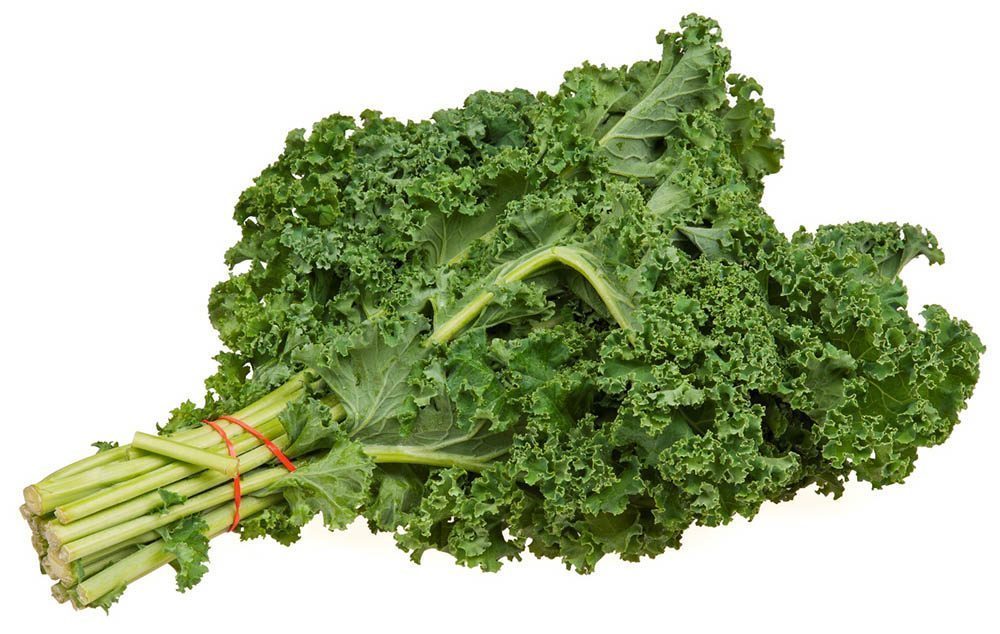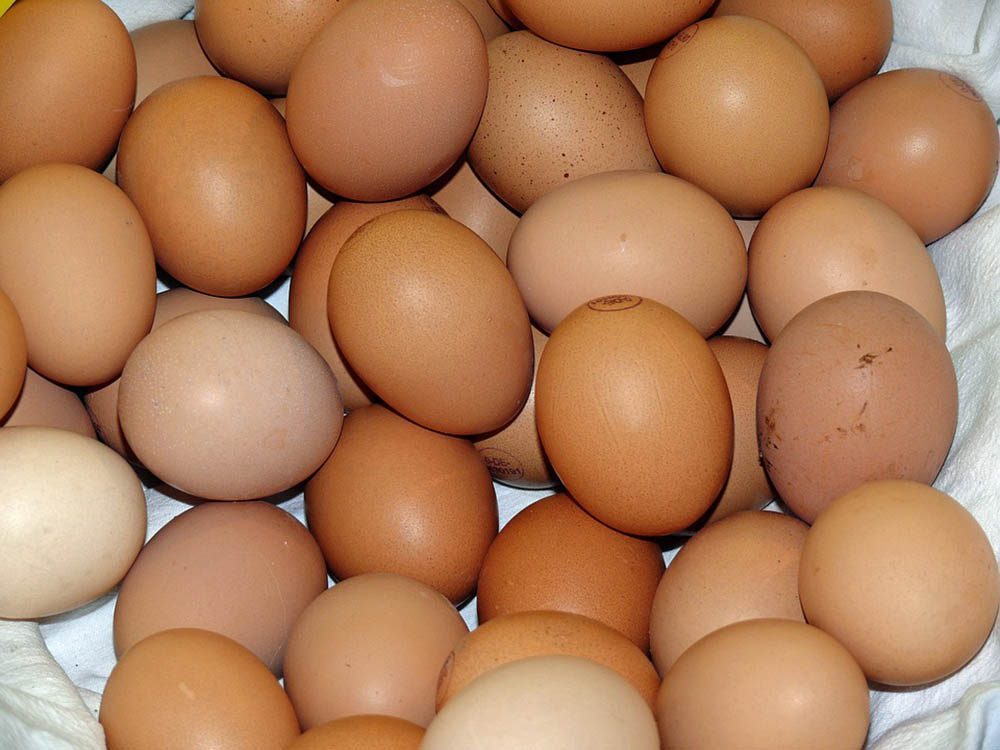
Top 5 Nutritional Foods for Pregnant Mums
Written in collaboration with HARTMANN Direct
Staying fit and healthy is a life goal for many people but for expectant mums, it is essential for helping their body overcome the obstacles and demands that pregnancy places on the body. HARTMANN Direct identifies five nutritional foods that help keep your pregnancy body in tip top condition.
#1 Eggs

Eggs are a great source of protein and are a crucial part of any diet. The amino acids that make up protein are the essential building blocks for you and your baby.
Eggs also contain a dozen or so vitamins and minerals, all essential in helping your baby develop properly, especially the brain and nervous system.
Raw eggs, however, or dishes that are made from raw eggs, are best avoided in pregnancy. Salmonella lives naturally on the shell of an egg and it is possible that this pathogen could make it into your food and this, for a pregnant woman, is clearly not ideal. However, in the UK, most eggs are of high quality, coming from chickens fed a good diet and thus the risk is low. But the advice remains in place: eat cooked eggs and avoid dishes made from raw egg.
A frittata is a large omelette, filled with all kinds of veggies and, if you like, topped with cheese. Great for using vegetable leftovers and a great way to start your day!
#2 Salmon
Everyone should be eating at least three portions of oily fish per week, of which salmon is possibly the tastiest.
As well as being filling and satisfying, salmon is full of Omega 3 fat, an essential fat for keeping joints supple and healthy. For a pregnant woman, Omega 3 is important for the baby’s healthy development.
Salmon is a low-mercury option and tasty is a range of dishes. Why not enjoy pan-seared salmon with lentils and leaks for a tasty mid-week dinner?
#3 Lean Meat
Alongside oily fish – ring the changes with mackerel, sardines or pilchards – you should be opting for lean meat in your diet.
Lean means that it is low in fat. Animals are saturated and have been linked with poor cardiac health. However, not all meats are on the menu;
- Foie gras – a luxury food product made from duck and goose liver, it may be rich in iron but it, along with other pate products, could be contaminated with listeria. This bacterium, if ingested, can lead to an illness that would need to be dealt with via antibiotics.
- Any dish containing raw meats – all meat must be cooked to lessen the chance of listeria.
Choose high-quality meats that are more or less fat-free. Lean steaks, as well as lean chicken, are ideal choices. Turkey is naturally lean as well as being tasty and a change for a mid-week dinner.
Finely slice steak and fry in a little oil, along with diced peppers and red onion. Add a fiery Mexican spice and enjoy wrapped in fajitas heaped with salad.
#4 A Rainbow of Fruit & Vegetables
We all know that we should be eating 5 portions of fruit and veg a day but did you know that you should be eating a range of different coloured fruit and veg too?
Eat plenty of green, red, yellow, orange and purple fruits and veg as this helps you and your baby get all the vitamin and nutrients that you need. Take a look at these 12 differently coloured fruit and veg and eat as many as you can throughout your pregnancy (and beyond!)
How about…?
- Pepping up breakfast by adding a handful of chopped strawberries and blueberries to your favourite cereal? Top with a dollop of fat-free Greek yoghurt, a great way to add extra calcium to your diet too.
- Adding extra veg on your plate at dinner? Create a medley of your favourite veggies such as broccoli, carrots and sweetcorn and steam to retain their flavour and nutrients.
- Keeping plenty of fruit on hand for snacking? When your sweet tooth is calling, snack on a small banana or enjoy a few cubes of chilled
#5 Dark, Leafy Greens

Sticking with vegetables for the final top five foods to eat in pregnancy, dark leafy greens are not to be underestimated for the vitamins A, C and K, as well as folic acid that you and your baby need.
Spinach, kale, Swiss chard and other dark leafy greens can be used in a variety of dishes including smoothies, soups or tasty omelettes. The next time you make a stir fry, add some spinach or shredded kale in the final moments of cooking and enjoy the slightly bitter tang they add, knowing you are soaking up extra vitamins, minerals and essential nutrients for you and your baby!
HARTMANN Direct have been supplying pregnant women, new mums and health professionals with high-quality incontinence pads and related products for over 20 years.
Have you got any specific Nutritional Foods to eat while pregnant?




